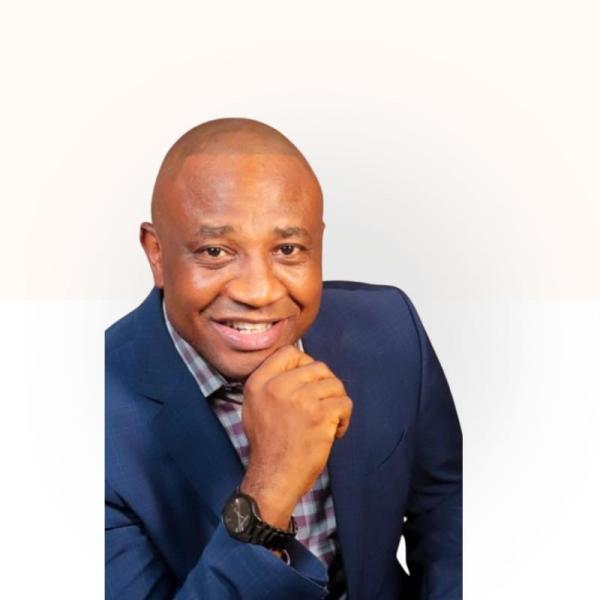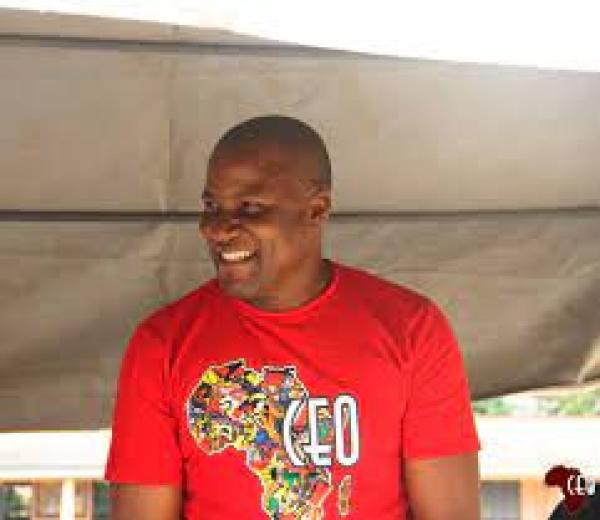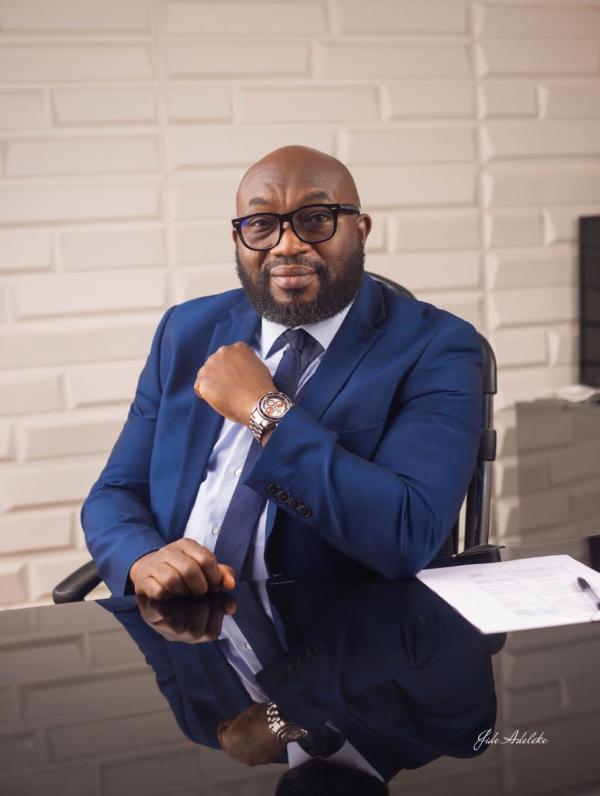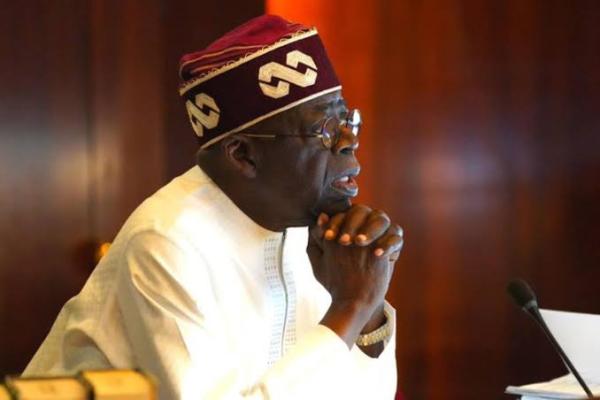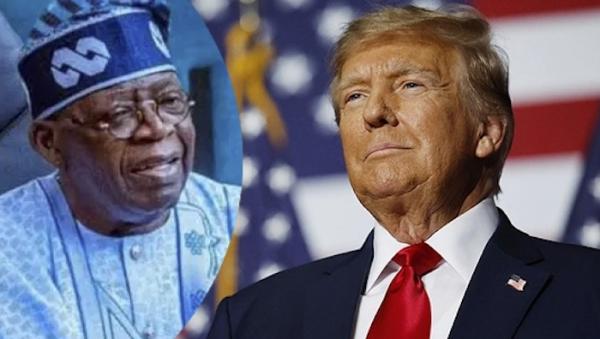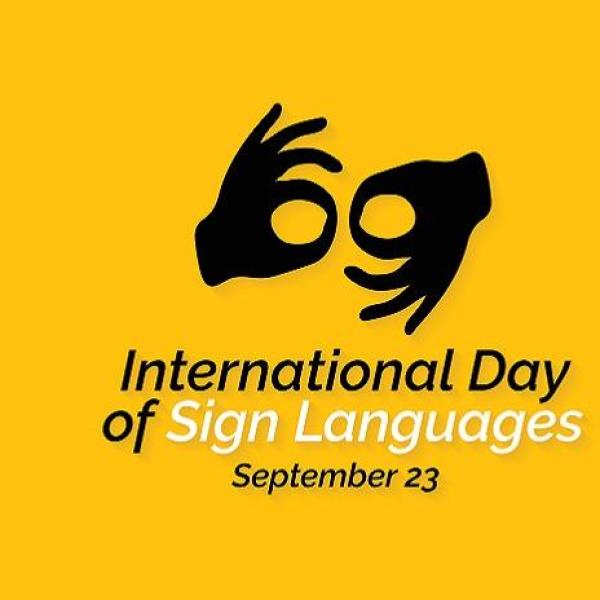
Globally, 23rd September is set aside to celebrate sign language. Sign language has been a major tool in ensuring that some learners with special needs are not left out. It is also a tool for ensuring that special participants are carried along in the process of communication. It is estimated that about 72 million of the world’s population are deaf; thus, the need for sign language can never be overemphasized.
Historically, sign language came about because of the need to communicate with the deaf (and dumb). Thus, every society has its unique sign language, making its universality almost impossible. However, the first school for deaf children was founded in Paris by Abbé de l’Épée in 1755, and the most famous graduate from there was arguably Laurent Clerc. He went to the U.S. and set up the American School for the Deaf in 1817 with Thomas Hopkins Gallaudet. The school has had many graduates so far. Meanwhile, some argue that there has been modern sign language in the 18th century.
The UN General Assembly proclaimed 23 September as the International Day of Sign Languages in order to raise awareness on the importance of sign language in the full realization of the human rights of people who are deaf. The proposal for the Day came from the World Federation of the Deaf (WFD), a federation of 135 national associations of deaf people, representing approximately 70 million deaf people’s human rights worldwide. The resolution A/RES/72/161 was sponsored by the Permanent Mission of Antigua and Barbuda to the United Nations, co-sponsored by 97 United Nations’ members and adopted by consensus on 19 December 2017.
According to the World Health Organization, 466 million people around the world have disabling hearing loss. For some of these people, hearing aids and other assistive devices help improve their hearing. However, in some instances, the type and severity of hearing loss prevent any benefit from hearing aids. Others don’t have access to hearing aids. For these people, sign language is the only way to communicate. Because of this, sign languages are considered just as important as a spoken language. The choice of 23 September was to commemorate the date that the WFD was established in 1951.
This year’s celebration centres on, “Sign languages unite us”. The overall aim of this theme is to ensure that everyone realizes that through sign languages better understanding is fostered. In addition, no one is left out in the process of communication and learning, with sign language. It is aimed at creating awareness on the overall goal, which is, “Building Inclusive Communities for All”.
In Nigeria, about 8.5 million are estimated to have hearing impairment, as explained by the President, Speech Pathologists and Audiologists Association in Nigeria (SPAAN), Prof. Julius Ademokoya, during a news conference at the NUJ Press Centre in Ibadan. According to him, “We are in the era of danger of more people losing their hearing and speech systems. In 1999 when research was conducted, more than 7.3 million people had problems with their auditory system in Nigeria. But a study conducted earlier this year revealed that the number has increased, and currently, 8.5million people in Nigeria have hearing problems, while 466 million people are suffering hearing loss globally. We do have the real statistics to show the number of people suffering from speech problems. Nigeria needs millions of speech therapists to be able to do the work effectively.”
He lamented the poor response of the Nigerian government to the challenge. He noted that the country has just about 300 audiologists. He also added that early detection of speech and hearing impairment is required, as some people’s challenge could have been discovered and resolved earlier with the appropriate surgery. This view was corroborated by both the SPAAN Vice-President, Prof. Oyedunni Arulogun and Adeola Olusanya, a Consultant and Partner, Smile Train Incorporation.
The Director-General, Federal Radio Corporation of Nigeria (FRCN), Mansur Liman, said that the discrimination being suffered by more than 29 million population of Persons Living with Disabilities in the country is unacceptable. He said his organisation believes in inclusion and dignity of Persons Living with Disabilities. In the same vein, the Nigerian Television Authority (NTA) has been commended, as the only television station in the country that adopts sing language in one of its news hours.
It is also important to note that the Federal Government, through the Nigerian Communications Commission (NCC), has deployed 84 assistive information technology (IT) projects at different locations in Nigeria, to support people with special needs, while supporting policies that enable disadvantaged members of the society to live a more qualitative life. In addition, the Federal Government has also directed the National Broadcasting Commission (NBC) to compel public and private television stations to feature sign language interpreters during their major news presentations. The Minister of Information and Culture, Lai Mohammed, stated this in Abuja at the Annual Lecture of the Federal Radio Corporation of Nigeria (FRCN).
Amuela Isopi, the Ambassador and Head of the European Union Delegation to Nigeria and ECOWAS, commended the Federal Government for the passage of the Disability Rights Act. This she said, is a step in the right direction, as she recounted various partnership projects of the government and the European Union, towards affecting persons with disability positively. However, many still believe that a lot still needs to be done.













